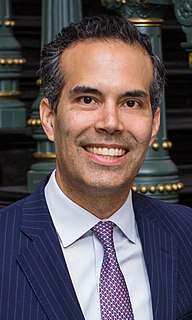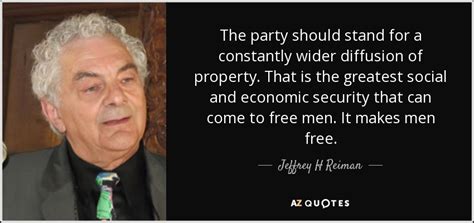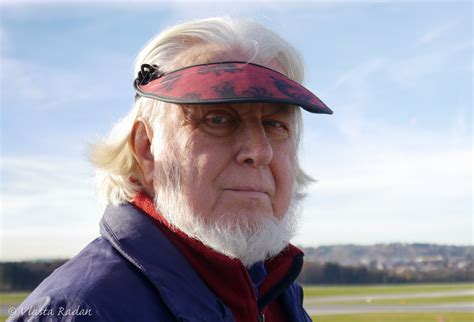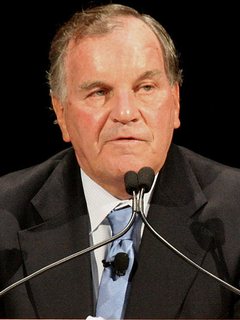A Quote by Ha-Joon Chang
All the alleged key causes of SOE [State-Owned Enterprise] inefficiency - the principal-agent problem, the free-rider problem and the soft budget constraint - are, while real, not unique to state-owned enterprises. Large private-sector firms with dispersed ownership also suffer from the principal-agent problem and the free-rider problem. So, in these two areas, forms of ownership do matter, but the critical divide is not between state and private ownership - it is between concentrated and dispersed ownerships.
Related Quotes
The term "state socialism" is not precise. Under this term many understand an order under which a certain part of the wealth, sometimes a quite considerable part, passes into state ownership or under its control while in the great majority of cases the ownership of plants, factories, and land, remains in private hands.
Uganda's budget is 40 percent aid-dependent. Ghana's budget is 50 percent aid-dependent. Even if you cancel the debt, you don't eliminate that aid dependency. This is what I mean by getting to the fundamental root causes of the problem. Government, the state sectors in many African countries need to be slashed so that, you know, you put a greater deal of reliance on the private sector. The private sector is the engine of growth. Africa's economy needs to grow but they're not growing.
The widespread distribution of private property ownership is the cornerstone of American liberty. Without it neither our free enterprise system nor our republican form of government could long endure.... The next Republican Administration will...not only protect the cherished human right of property ownership, but will also work to help millions of Americans - particularly those from disadvantaged groups - to share in the ownership of the wealth of their nation.
We hold that the ownership of private property is the right and privilege of every American citizen and is one of the foundation stones upon which this nation and its free enterprise system has been built and has prospered. We feel that private property rights and human rights are inseparable and indivisible. Only in those nations that guarantee the right of ownership of private property as basic and sacred under their law is there any recognition of human rights.
We've been following many forms of democratized ownership, starting with co-ops, land banks at the neighborhood level, municipal ownership and state ownership of banks - there's a whole series of these that attempt to fill the small-scale infrastructure that can build up to a larger theoretical vision.
Clipper took a relatively simple problem, encryption between two phones, and turned it into a much more complex problem, encryption between two phones but that can be decrypted by the government under certain conditions and, by making the problem that complicated, that made it very easy for subtle flaws to slip by unnoticed. I think it demonstrated that this problem is not just a tough public policy problem, but it's also a tough technical problem.
The paramount problem... is how to make this new form of property ownership a workable agent toward repeopleizing the proprietorship of the country's industries. Open to the wage-earner of the country the road to proprietorship... not as a gratuity, but as their proper allotment out of the combined forces that have made the enterprise successful.





































